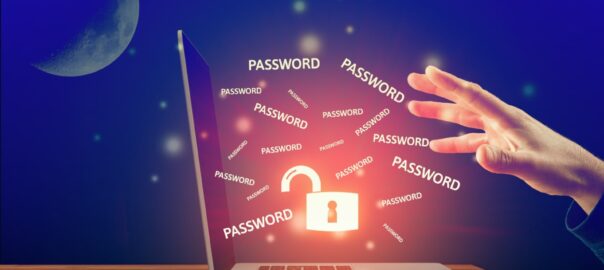It would be a shame and an unfortunate waste if a business cannot continue operating after the owner’s death. Fortunately, we have ways to circumvent this, beginning with a highly efficient thing called digital estate planning. When protecting your business, this is an effective way to prepare before death.
There are a few scenarios where the business can continue past the owner’s death. For example, we have sole proprietorships and traditional partnerships, where the dissolution automatically happens when the owner dies. But for many other cases, digital estate planning plays a role in ensuring the business will continue running under new management in the coming years.
Why Protecting Your Business & Digital Estate Planning Is Important
The main reason digital estate planning is now a critical element for businesses is that most business transactions and operations are processed digitally. Correspondence, marketing, and sales all happen online. This means that the wealth of a typical business’s assets is now digital. That is why protecting your business digitally is now also crucial.
Now, if the owner dies, and he is the only one with access to these digital assets, the people left in the office will have a huge problem. How can the successors of the business continue running the business when they can’t even log into the accounts in the first place?
As the business owner, when protecting your business it is your job to create a digital estate plan so that in case anything happens to you, or even if you are just temporarily incapacitated or unable to run the business for whatever reason, the person who is going to take your place would have all the data to gain access and to run the business.
How to Create a Digital Estate Plan
It might sound difficult, but creating a digital estate plan is straightforward when protecting your business. It is like making a will but for the digital assets of your business. You will begin by taking an inventory of all your digital assets. Make a list and make sure that everything is included. Anything that is in digital form should be on the list and must be planned for accordingly. This includes documents, databases, images, videos, login information for accounts relevant to the business, and so on.
After completing your list, think carefully about what you want to happen to them. In your digital estate plan, name the person you wish to entrust with each asset. Explicitly state what you want them to do to it, how you want the assets managed, and so on. Each appointee should receive a copy of all the login names and passwords needed to fulfill their responsibility.
Importance of Password Management in Protecting Your Business
This brings us to the crucial aspect of password management in digital estate planning. Turning over a list of passwords to your would-be successor is not enough when protecting your business. You must guarantee these passwords are current. Giving them a list of defunct login information is as good as giving them nothing.
The easiest way to ensure this is to use a password manager: a software application that securely keeps all your login names, passwords, and other sensitive information. Each time you change a password, which should be periodically, update the records accordingly.
Be Ready with a Well-Organized Digital Estate Plan
Having a business, you can pass on to your loved ones is a huge accomplishment. But it is just as important that you should be able to pass it on with no hitches. That is why as early as now, you should already start protecting your business and prepare a digital estate plan that will enable your loved ones to take over just as you wanted, after your death.
To help you make some of these business decisions, we’ve created two helpful downloadable infographics: A Digital Estate Planning Checklist and a Password Cheat Sheet. Pass these two resources around the office so everyone is up to speed on these important topics.
Call us any time you are ready to take the next step!



